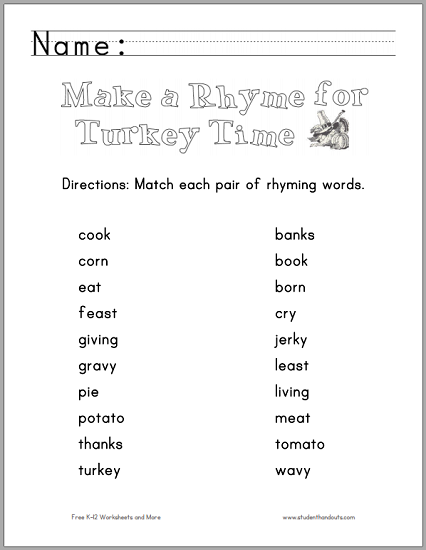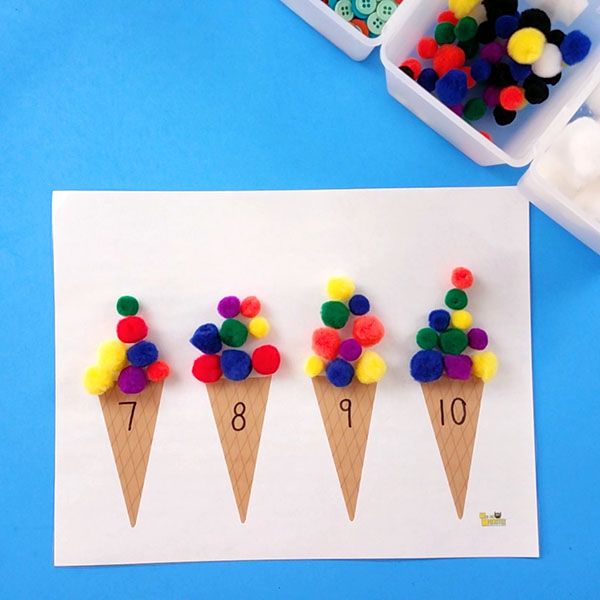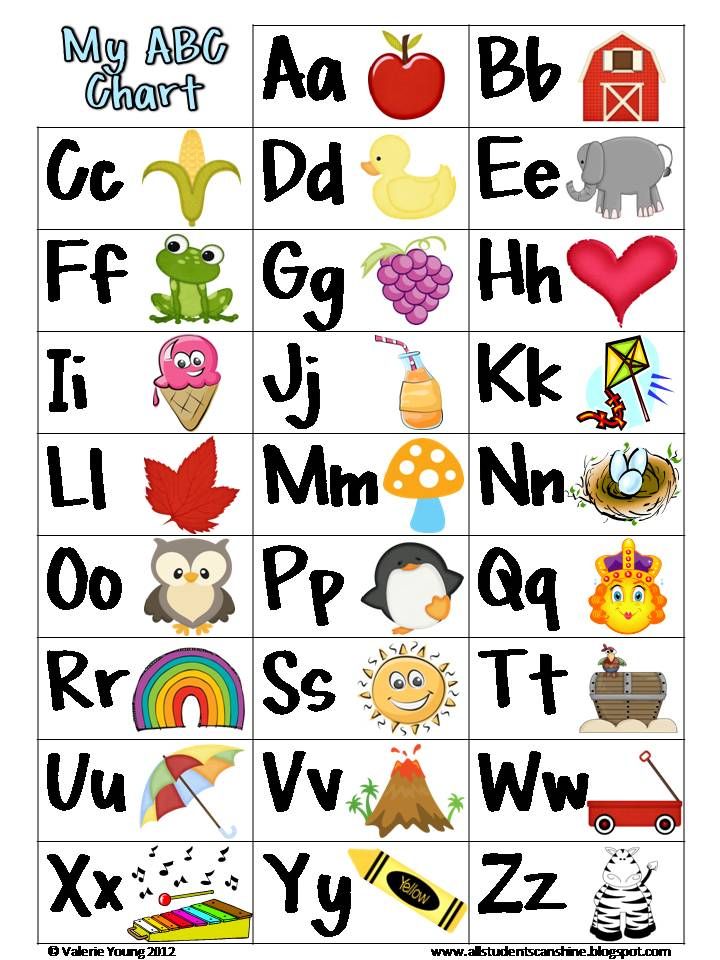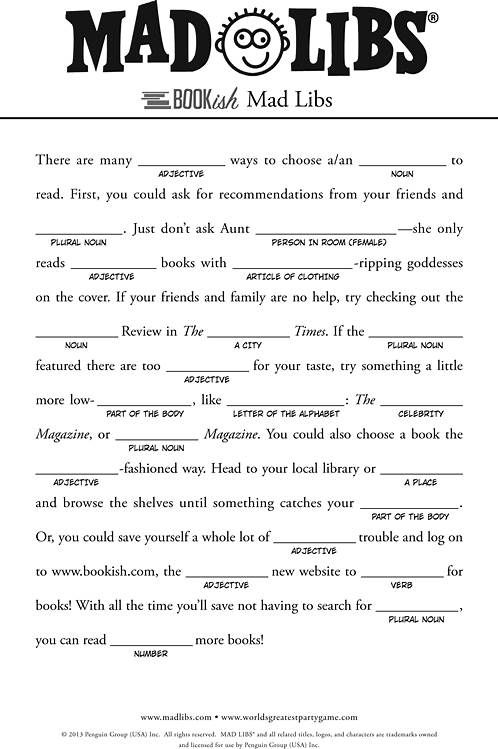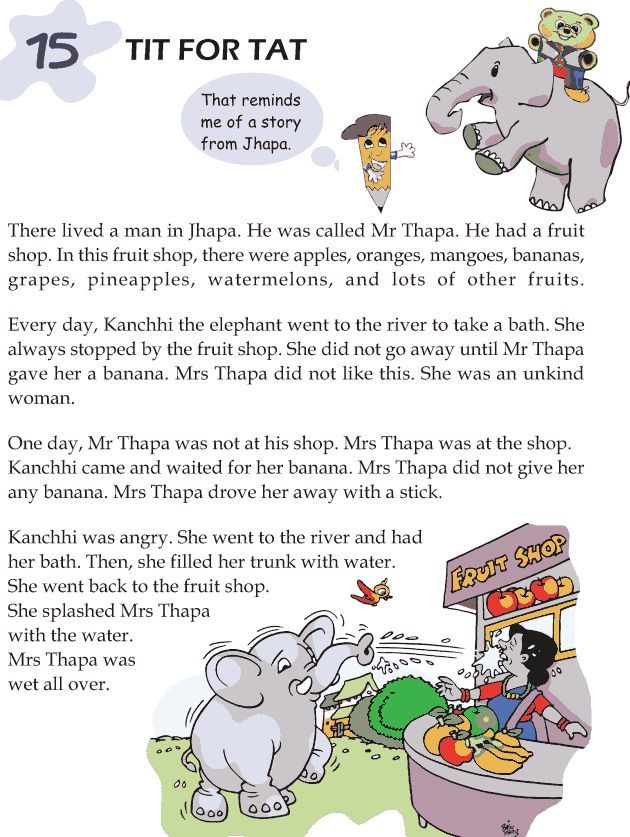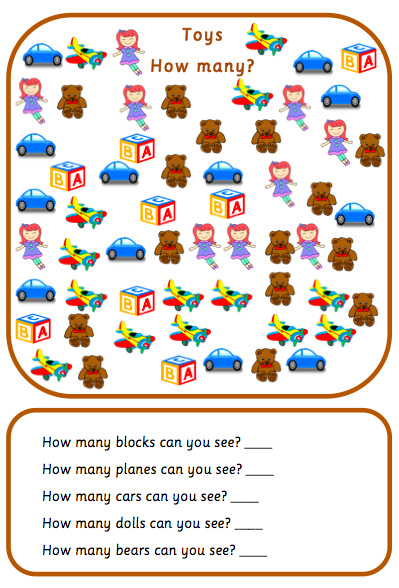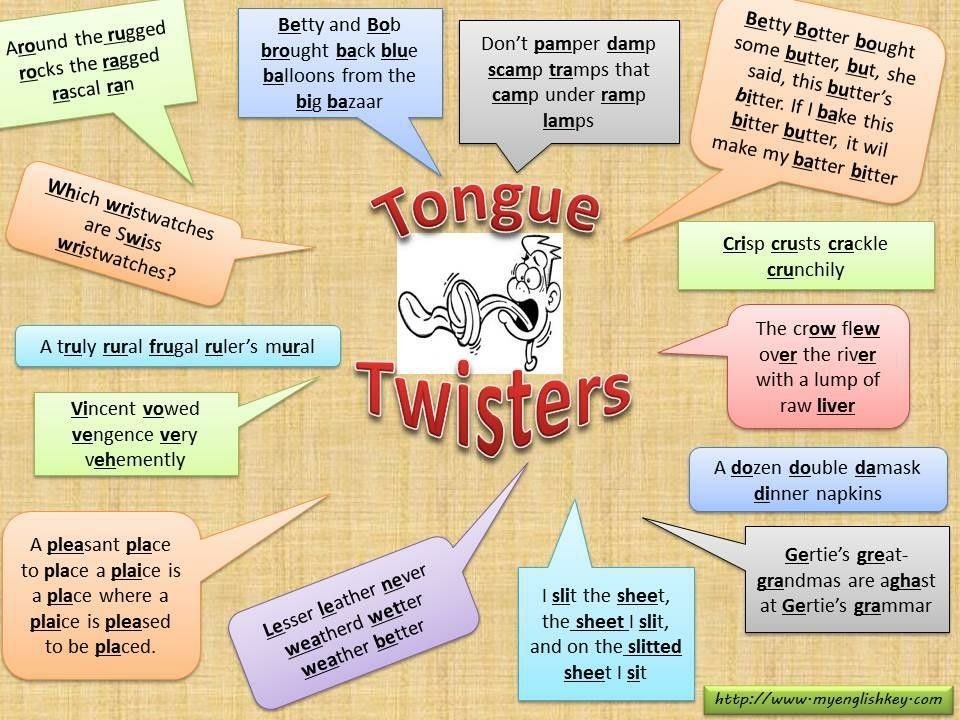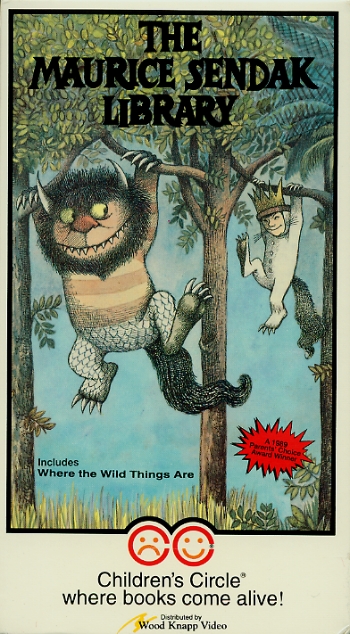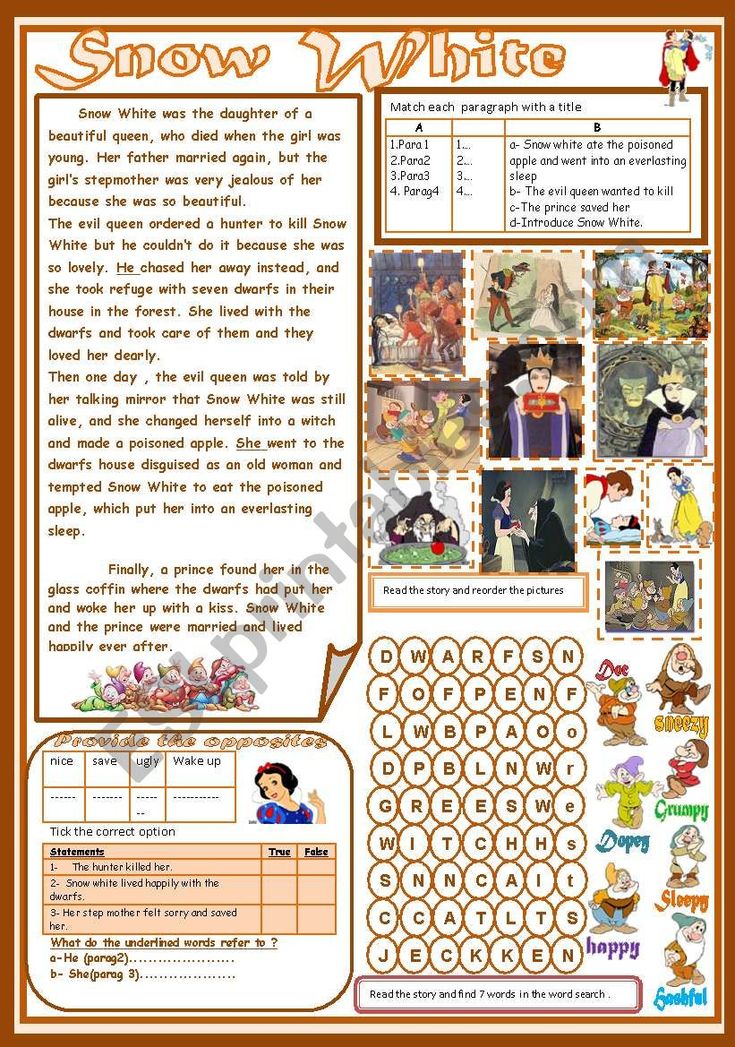Strong rhyming words
Near rhymes with strongB-Rhymes | B-Rhymes
| Word | Pronunciation | Score ? | ||
|---|---|---|---|---|
| 1 | wrong | rong | 2314 | Definition |
| 2 | throng | th_rong | 2314 | Definition |
| 3 | sarong | suhrong | 2314 | Definition |
| 4 | prong | p_rong | 2314 | Definition |
| 5 | cronk | k_rong_k | 2314 | Definition |
| 6 | bronx | b_rong_k_s | 2314 | Definition |
| 7 | tong | tong | 2246 | Definition |
| 8 | tongs | tong_z | 2246 | Definition |
| 9 | tonk | tong_k | 2246 | Definition |
| 10 | conch | kong_k | 2237 | Definition |
| 11 | conk | kong_k | 2237 | Definition |
| 12 | dong | dong | 2237 | Definition |
| 13 | kong | kong | 2237 | Definition |
| 14 | plonk | p_long_k | 2237 | Definition |
| 15 | pong | pong | 2237 | Definition |
| 16 | bong | bong | 2226 | Definition |
| 17 | pogrom | puh_uug_rom | 2219 | Definition |
| 18 | frons | f_ron_z | 2219 | Definition |
| 19 | frond | f_ron_d | 2219 | Definition |
| 20 | buran | b_yuruhn | 2219 | Definition |
| 21 | brom | b_rom | 2219 | Definition |
| 22 | prom | p_rom | 2219 | Definition |
| 23 | prompt | p_rom_p_t | 2219 | Definition |
| 24 | rom | rom | 2219 | Definition |
| 25 | romp | rom_p | 2219 | Definition |
| 26 | ron | ron | 2219 | Definition |
| 27 | therefrom | dherf_rom | 2219 | Definition |
| 28 | trompe | t_rom_p | 2219 | Definition |
| 29 | song | song | 2217 | Definition |
| 30 | songs | song_z | 2217 | Definition |
| 31 | thong | thong | 2208 | Definition |
| 32 | honk | hong_k | 2208 | Definition |
| 33 | hong | hong | 2208 | Definition |
| 34 | along | uhlong | 2169 | Definition |
| 35 | belong | bilong | 2169 | Definition |
| 36 | hopalong | hopuhlong | 2169 | Definition |
| 37 | long | long | 2169 | Definition |
| 38 | longue | long | 2169 | Definition |
| 39 | prolong | p_ruhlong | 2169 | Definition |
| 40 | baton | baaton | 2151 | Definition |
| 41 | breton | b_reton | 2151 | Definition |
| 42 | cretonne | k_reton | 2151 | Definition |
| 43 | stomp | s_tom_p | 2151 | Definition |
| 44 | thom | tom | 2151 | Definition |
| 45 | tom | tom | 2151 | Definition |
| 46 | don | don | 2142 | Definition |
| 47 | dom | dom | 2142 | Definition |
| 48 | despond | dis_pon_d | 2142 | Definition |
| 49 | correspond | koris_pon_d | 2142 | Definition |
| 50 | conn | kon | 2142 | Definition |
| 51 | con | kon | 2142 | Definition |
| 52 | comp | kom_p | 2142 | Definition |
| 53 | comes | kuhm_z | 2142 | Definition |
| 54 | clomped | k_lom_p_t | 2142 | Definition |
| 55 | clomp | k_lom_p | 2142 | Definition |
| 56 | aplomb | uhp_lom | 2142 | Definition |
| 57 | abscond | aabs_kon_d | 2142 | Definition |
| 58 | donn | don | 2142 | Definition |
| 59 | dupont | d_yupon_t | 2142 | Definition |
| 60 | whereupon | we_uhruhpon | 2142 | Definition |
| 61 | upon | uhpon | 2142 | Definition |
| 62 | scones | s_kon_z | 2142 | Definition |
| 63 | sconce | s_kon_s | 2142 | Definition |
| 64 | response | ris_pon_s | 2142 | Definition |
| 65 | respond | ris_pon_d | 2142 | Definition |
| 66 | recon | rikon | 2142 | Definition |
| 67 | pont | pon | 2142 | Definition |
| 68 | pons | pon_z | 2142 | Definition |
| 69 | pond | pon_d | 2142 | Definition |
| 70 | ponce | pon_s | 2142 | Definition |
| 71 | pomp | pom_p | 2142 | Definition |
| 72 | armstrong | arr_ms_t_rong | 2134 | Definition |
| 73 | headstrong | heds_t_rong | 2134 | Definition |
| 74 | argonne | argon | 2131 | Definition |
| 75 | begone | bigon | 2131 | Definition |
| 76 | blond | b_lon_d | 2131 | Definition |
| 77 | blonde | b_lon_d | 2131 | Definition |
| 78 | bomb | bom | 2131 | Definition |
| 79 | bombe | bom | 2131 | Definition |
| 80 | bon | bon | 2131 | Definition |
| 81 | bond | bon_d | 2131 | Definition |
| 82 | bonn | bon | 2131 | Definition |
| 83 | foregone | fawrgon | 2131 | Definition |
| 84 | gone | gon | 2131 | Definition |
| 85 | narbonne | narrbon | 2131 | Definition |
| 86 | saigon | sah_igon | 2131 | Definition |
| 87 | wong | wong | 2127 | Definition |
| 88 | renaissance | ruhneson_s | 2123 | Definition |
| 89 | sohn | son | 2123 | Definition |
| 90 | swamp | s_wom_p | 2123 | Definition |
| 91 | swan | s_won | 2123 | Definition |
| 92 | font | fon_t | 2113 | Definition |
| 93 | jon | hon | 2113 | Definition |
| 94 | juan | h_won | 2113 | Definition |
| 95 | liaison | leee_izon | 2113 | Definition |
| 96 | phon | fon | 2113 | Definition |
| 97 | shone | shon | 2113 | Definition |
| 98 | telefon | telefon | 2113 | Definition |
| 99 | fonds | fon_d_z | 2113 | Definition |
What is B-Rhymes?
B-Rhymes is a rhyming dictionary that's not stuck up about what does and doesn't rhyme. As well as regular rhymes, it gives you words that sound good together even though they don't technically rhyme.
dong, gong, long, mong, pong, prong, ...
Pure Rhymes – 55 rhymes
Words that have identical vowel-based rhyme sounds in the tonic syllable. Moreover, that tonic syllable must start with a different consonantal sound.
dong
gong
long
mong
pong
prong
rong
song
sprong
stong
thong
throng
tong
wrong
bong
along
belong
lifelong
prolong
sarong
yearlong
Chong
Cong
DeLong
Fong
Hmong
Hong
Kong
Ong
Spong
Truong
Vietcong
Wong
Yong
Zedong
- all along
- come along
- go along
- keep plugging along
- play along
- right along
- run along
- string along
- ding dong
- before long
- happy as the day is long
- so long
- buy for a song
- for a song
- swan song
- get in wrong
- get one wrong
- go wrong
- in the wrong
- take one wrong
End Rhymes – 16 rhymes
Words that have a pure rhyme on their last syllable only.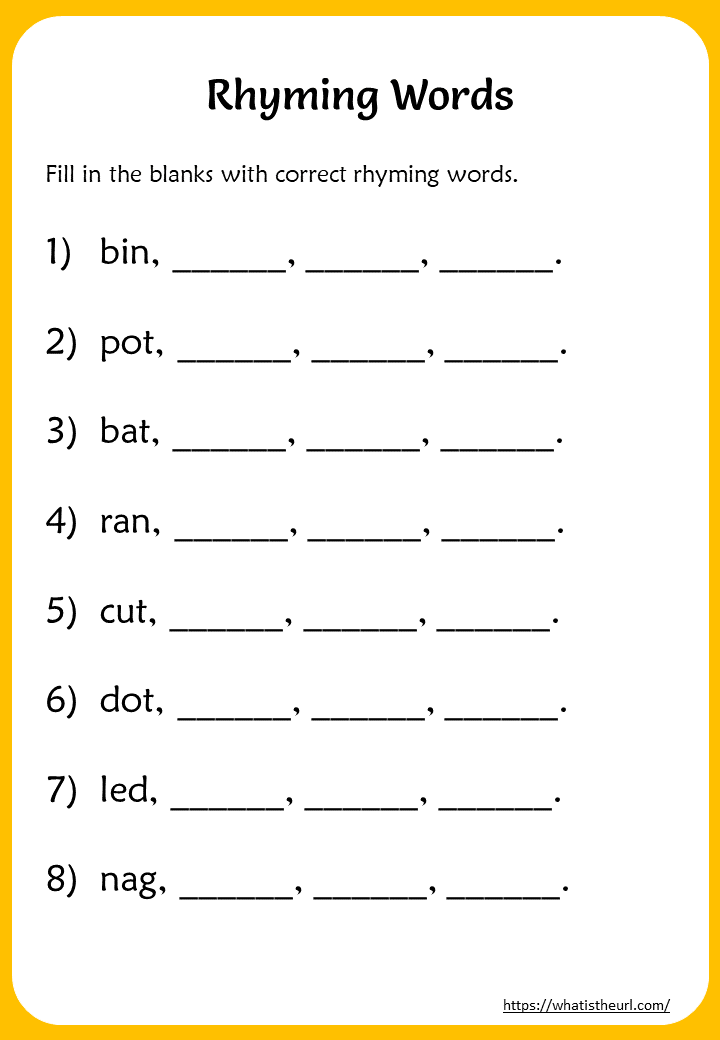
furlong
Herlong
headstrong
birdsong
daylong
dugong
oolong
hourlong
oblong
headlong
weeklong
plainsong
monthlong
ding-dong
Armstrong
Hong Kong
Near Rhymes – 1943 rhymes
Words that "almost" rhyme on the vowel-based rhyme sound of the stressed syllable like: be/eat or maybe/shapely.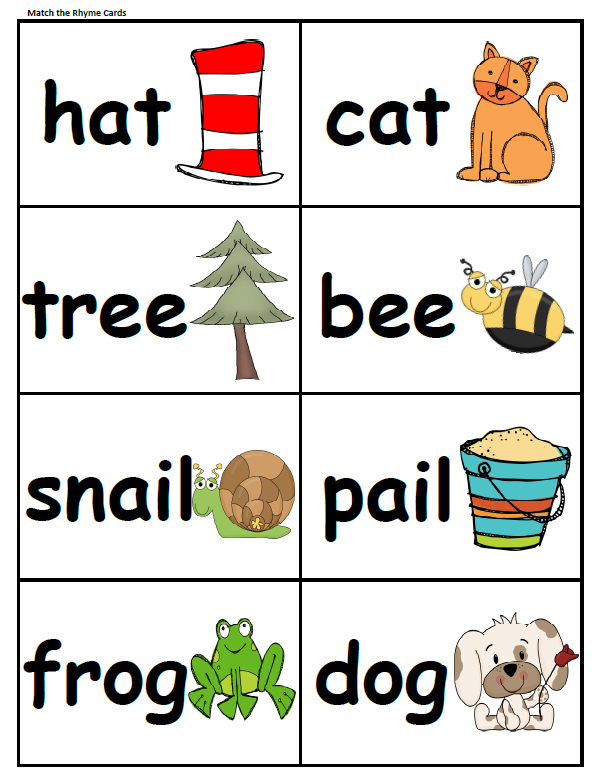
cost
crossed
frost
glossed
lost
tossed
accost
defrost
embossed
exhaust
Aust
Lacoste
- keep one's fingers crossed
- keep your fingers crossed
- jack frost
- get lost
- no love lost
born
borne
bourn
corn
doorn
horn
mourn
porn
scorn
shorn
sworn
thorn
torn
warn
worn
morn'
morn
adorn
firstborn
forlorn
forsworn
lowborn
reborn
stillborn
unborn
wellborn
unadorn
Aborn
Bjorn
Bourne
Dorn
Horne
Lorne
Orne
Radborne
Thorne
Vanhorn
Warne
Zorn
- natural born
- to the manner born
- to the manor born
- toot one's own horn
- toot you own horn
corns
horn's
horns
mourns
scorns
thorns
warns
adorns
Thorn's
- by the horns
- draw in one's horns
- grab the bulls by its horns
- haul in one's horns
- lock horns
- take the bull by its horns
- take the bull by the horns
- bed of thorns
"Go Pro" to see the next 82 near rhyme sets.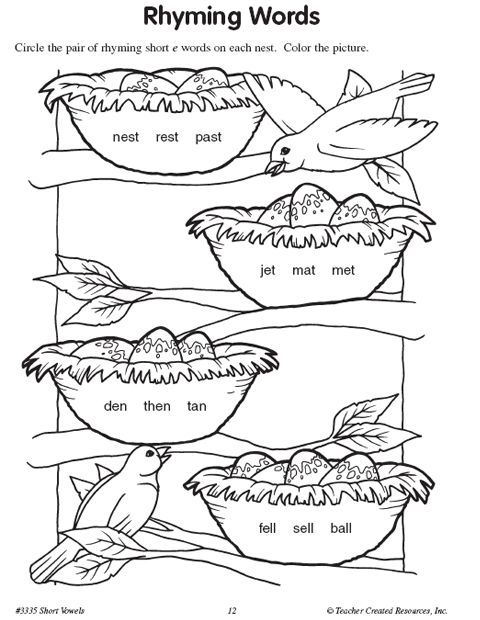
Click here to "Go Pro"
Mosaic Rhymes
Rhymes made up of more than one word. For instance, "jealous" and "tell us" or "shaky" and "make me."
One-syllable words do not have mosaic rhymes.
Rhyme // Varlam Shalamov
Back | Content | Forward
The best rhyme in Pushkin's times was the combination of two nouns. Pushkin was the Russian Adam, as Lunacharsky put it. Poetry at the beginning of Pushkin's activity resembled the situation in modern science, when discoveries are literally waiting for you at every corner, guarded at every step. Something similar happened with the Russian word when Pushkin took up his pen.
What is "discovery"? It means to draw general attention to something that existed before, to something that no one noticed before.
Let's return to Pushkin's rhyme. Rhyming an adjective with an adjective, a noun with a noun, a verb with a verb, Pushkin followed untraveled roads.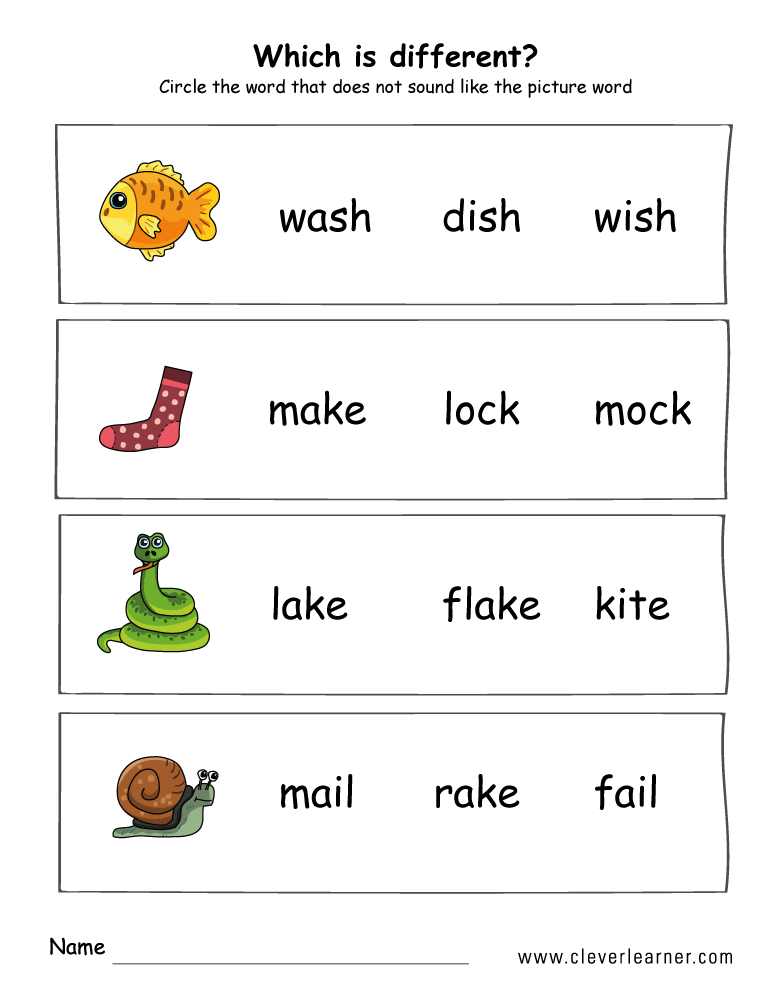
Marshak believes that it is better to rhyme a verb and a noun, that such rhyming, as it were, links together different parts of Russian speech.
It seems to me that thought does not decide anything in the essence of rhyme. Its sound content says that the best rhyme is an adverb and a noun.
Shklovsky is afraid that there won't be enough rhymes. Rhyme is enough. “Blood is love” can be rhymed for many more years. The sound support will remain.
Rhymes are masculine and feminine, dactylic and hyperdactylic, exact and inexact.
In textbooks, a rhyme is called a sound repetition at the end of a line, coinciding with the final pause. All this is so.
But why does a verse need to rhyme?
We are answered: for euphony, to emphasize the rhythmic-musical beginning of poetry, and also so that verses are easier to remember, better to remember.
Is it just for this?
Since childhood, it seemed to me that words have a shape, coloring.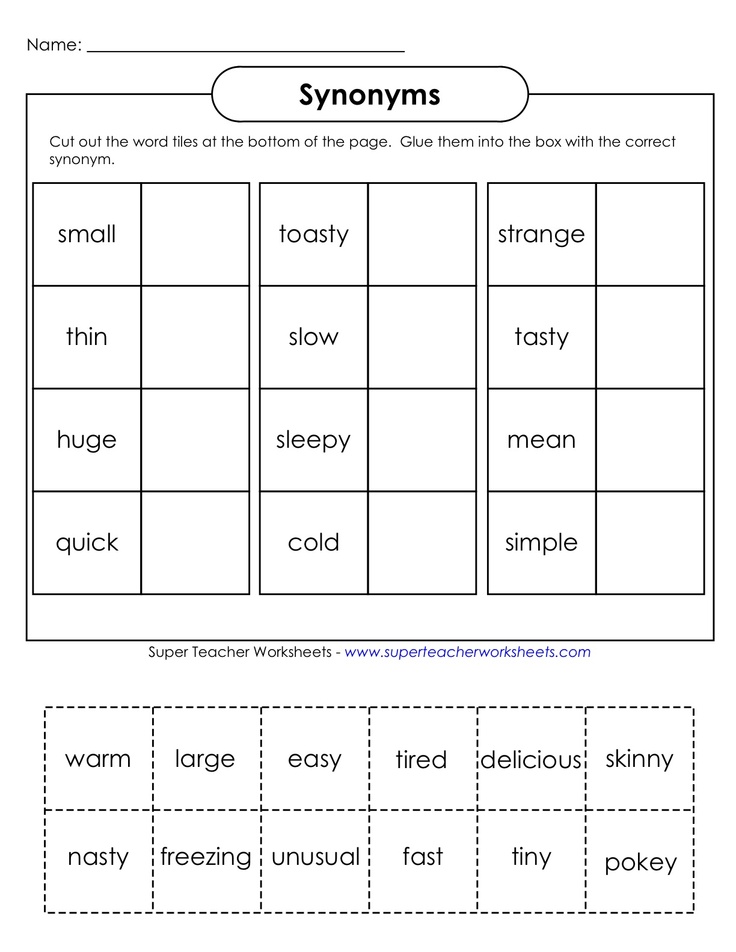 The form depends on vowels, on vowels. In fact, the size of a word depends on the number of syllables determined by vowels - this is true for a first grade student. But form and size are not the same thing. The word "poplar" is clearly different in form from the word "now", although both are of the same size and almost the same color. The color of the word depends on the consonant sounds and is determined by them. Sound repetition can be built on vowels - this is a strengthening in the memory of the form of a word or something else is always present in the poems of a great poet. This is an element of creativity. The pinnacle of Russian poetry, Pushkin's "The Bronze Horseman" is an unsurpassed example of this kind. Pushkin knew everything in poetry.
The form depends on vowels, on vowels. In fact, the size of a word depends on the number of syllables determined by vowels - this is true for a first grade student. But form and size are not the same thing. The word "poplar" is clearly different in form from the word "now", although both are of the same size and almost the same color. The color of the word depends on the consonant sounds and is determined by them. Sound repetition can be built on vowels - this is a strengthening in the memory of the form of a word or something else is always present in the poems of a great poet. This is an element of creativity. The pinnacle of Russian poetry, Pushkin's "The Bronze Horseman" is an unsurpassed example of this kind. Pushkin knew everything in poetry.
Love you Petra creation,
I love your strict, slim look,
Neva sovereign current,
Its coastal granite.
The notorious "root rhymes" (strict - harmonious) are placed, as it should be a sound repetition of this kind, inside the line.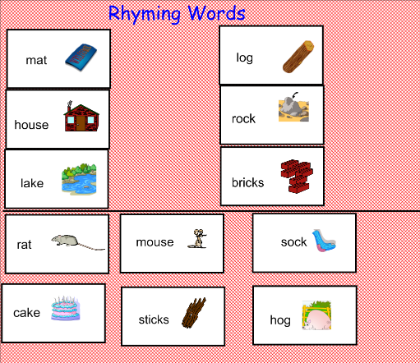 Sound coloring (variations of consonant letters) is perfect.
Sound coloring (variations of consonant letters) is perfect.
Pushkin's rhyme (verbs with verbs, nouns with nouns) outlines the linguistic boundaries of Russian poetry, outlines its boundaries. The poets of Pushkin's and post-Pushkin's times follow this rhyme. Time shows the need for some amendments to Pushkin's canons of rhyme, namely, a greater sound correspondence of rhyming words - in their literary, i.e. Moscow pronunciation. This work is being done by Alexei Konstantinovich Tolstoy. He, like Chekhov, does not have critical articles, but there are numerous letters where a new theory of rhyme is substantiated.
Classical Russian rhyme, full rhyme, is used by all our great poets - Pushkin, Lermontov, Tyutchev, Baratynsky, Nekrasov, Blok, Tsvetaeva, Mandelstam, Tvardovsky. Pasternak, Mayakovsky and Yesenin will be discussed in due course.
The possibilities of Russian rhyme are inexhaustible, and it is a thankless task to take on the destruction of "local words".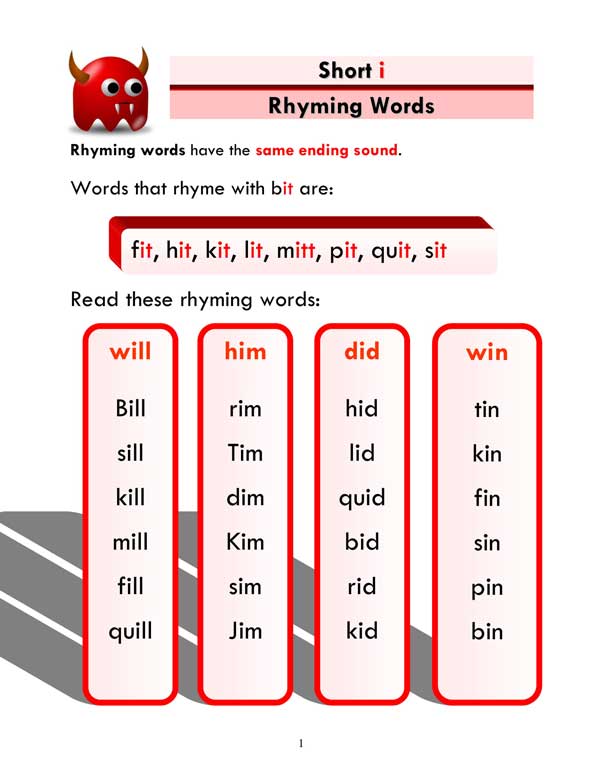 Modern Russian rhyme is a bond, a combination of various parts of speech, it is a constructive element of the language in the struggle against idle talk, with verbal sloppiness for laconicism, for the accuracy of poetic speech. "Noun - verb", "participle - verb", "adjective - noun", "adverb - verb", "adverb - noun" - all these are the combination of language elements in Russian versification.
Modern Russian rhyme is a bond, a combination of various parts of speech, it is a constructive element of the language in the struggle against idle talk, with verbal sloppiness for laconicism, for the accuracy of poetic speech. "Noun - verb", "participle - verb", "adjective - noun", "adverb - verb", "adverb - noun" - all these are the combination of language elements in Russian versification.
Insufficiently literate young poets, discoverers of the long-discovered Americas, inspired by poorly literate critics, spend time, both their own and the reader's, glorifying lifeless literary forms, for the sake of innovation at all costs. What is offered (a root rhyme or typographical dots instead of words by Sapgir) is false innovation, the reason for this is either ignorance, or literary adventurism. "Root rhyme" - an ordinary sound coloring of a word (kind - long), appropriate in the middle of a word. As a "word of mouth" it is negligence, slovenliness, sound lameness ...
As for Sapgir's "poetry", Alexey Nikolaevich Chicherin, the leader of the "nichevoks" of the 1920s, now alive, could tell something about "poetry" of this kind.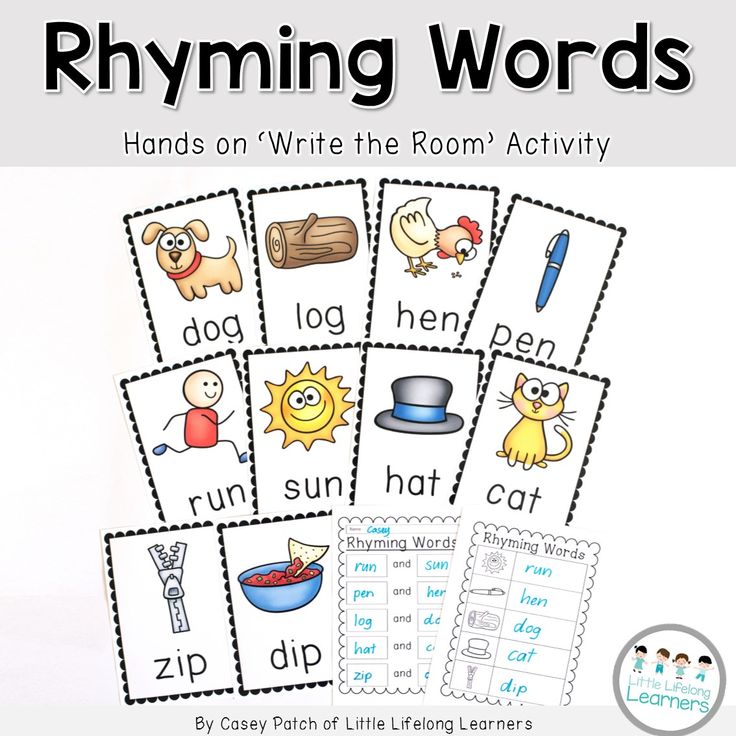
It is quite characteristic that young poets and poetesses concentrated their efforts on the destruction of rhyme, posing as innovators and seekers of the simplest element of a line and stanza. Their quest does not concern more complex issues - intonation, metaphor, image.
But rhyme is only a tool with which a poem is created, a search tool for a poet...
And assonances, like sabers,
Chopped rhyme hastily[1].
This is a Northerner.
Historically, assonance precedes rhyme. Poetic lines, more interconnected by assonances, go back to the deep antiquity of both literary and folk speech. Rhyme appears for the first time among medieval troubadours. Since the time of Otfried Weissenburg [2], rhyme has been gradually strengthening, opening up more and more new roads of verse. We do not need to pay attention to Western fashions, to the destruction of poetry. Classical Russian poetic meters - iambic, trochee - have not exhausted even a thousandth of their capabilities.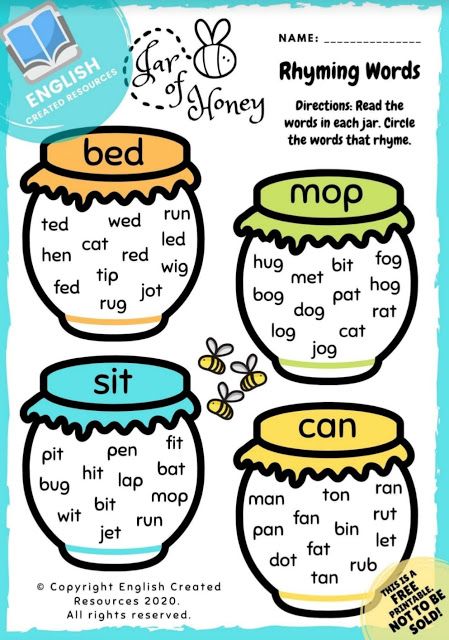 Are Pasternak's iambs similar to Pushkin's iambs? Aren't Mandelstam's iambs discoveries? Is Akhmatova repeating anyone? (except Mikhail Kuzmin).
Are Pasternak's iambs similar to Pushkin's iambs? Aren't Mandelstam's iambs discoveries? Is Akhmatova repeating anyone? (except Mikhail Kuzmin).
There is no need to return to assonance - this is a stage passed a long time ago.
The creative process consists more in discarding the unnecessary, insufficiently true, unreliable, not bright enough, than in searching. To create each stanza, the world instantly, or almost instantly, substitutes for the poet tens, hundreds of pictures of the past, present, future, and from this great multitude, brought into the creation of the poet by rhyme, some of the observations, knowledge, illustrations are discarded or recorded ... freely trusting the rhyme, sound repetition, the poet, not yet fixed on paper, meets with dozens of directions. Somewhere deep in the mind, a mood of a certain strength and tone is hidden, some main idea is hidden, a theme that seeks its expression in yet unwritten verses. Sometimes this sound work prompts new thoughts, leads away from the supposedly conceived.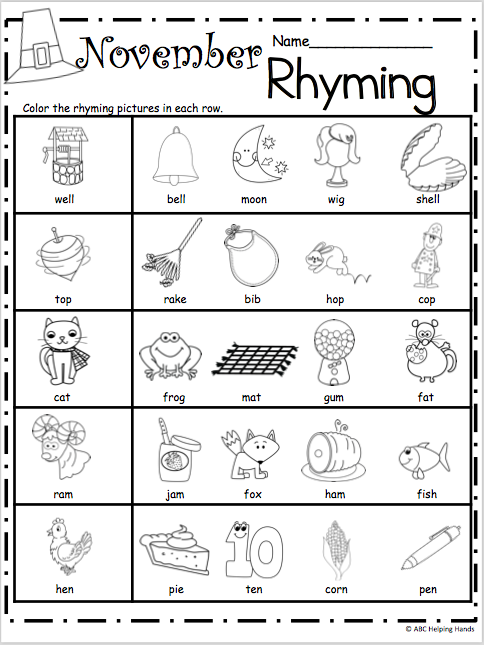 Sometimes novelty is limited only to trifles, touches, but it also happens that a poem is a discovery, a find, born without a preliminary plan.
Sometimes novelty is limited only to trifles, touches, but it also happens that a poem is a discovery, a find, born without a preliminary plan.
The stanzas not yet written down come under the control of thought. Thought vigorously selects the best, most expressive, and here a variant of the poem is written down. Thought can hardly keep up with the flow, driven by rhyme, alliteration, associations of every possible kind.
Work begins on the first version, finishing it is no less stressful work than the first part of the creative process. Here the main idea for which the poem was written comes to the fore. In accordance with this main idea, the poem is rebuilt, the order of stanzas is determined, rhymes and metaphors are honed or replaced. The poem is brought into full compliance with the rules of the Russian language.
Work on a poem can take an indefinitely long time. From time to time you can return to it, all the time clarifying, wanting to improve the text.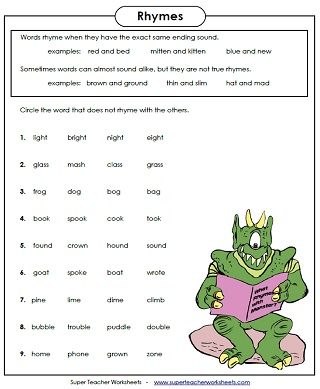 There are no perfect poems. Any poem is just the best version of what is intended, what the poet wanted to say.
There are no perfect poems. Any poem is just the best version of what is intended, what the poet wanted to say.
Mikhail Kuzmin remarked that "the first line of a poem is its last line", the ending for which the poem was written. There is a lot of truth in this. Such are the majority of Tyutchev's poems, Tsvetaeva's poems, Kuzmin's own poems, some of Mayakovsky's poems.
There is another observation related to Kuzmin's remark. It is almost always possible to guess (in a short poem, lines 16-20) from Pushkin, from Lermontov, from Blok - from any major poet (the less talent, the easier it is to do what is being said) - which quatrain was written first, which one appeared on paper before others.
There is another circumstance that is important in the process of creating a poem. Every literate person carries in his memory a large number of all sorts of poems that are stored somewhere deep in the brain and remind of themselves in rhythm, passages, lines, moods.
Human feeling seeks expression and finds it in the poet's verses that remain in his memory; there is, as it were, a discharge of mood, feelings into other people's verses. These other people's poems are remembered or re-read, repeated many times and give vent to the mood. And when no "suitable" verses are remembered, when the feeling does not find a way out in familiar texts, not finding correspondence, reassurance in them - then one's own verses are written. And in this case, a magnetic search tool - rhyme moves the layers of events, impressions.
And one more thing: in every poem of every poet there is some novelty, a find. The poem was not written because of this novelty, but without it it would have lost its meaning. In each, even a small poem, some technical task is also posed, no matter how naive it may be. Derzhavin wrote a number of poems without the letter "p". There is always a desire to introduce into poetry a word that has never been in poetry, to put some big word in a line, which even in ordinary speech seems clumsy, angular, but enters the poem unexpectedly freely.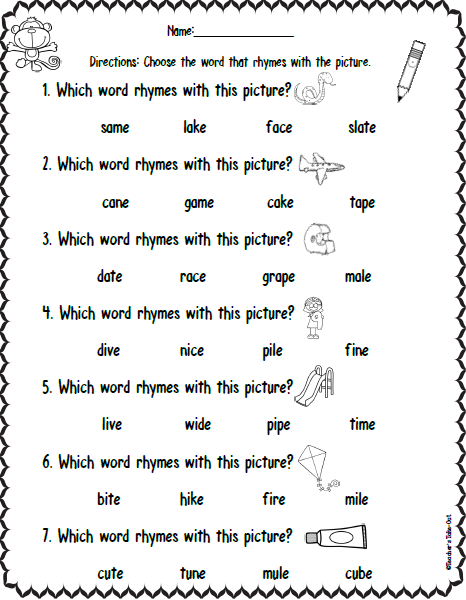 For example, "obstetrician". I would like to see in my own stanza "a dance of strange names, which is gratifying for the heart", to write myself - "The Choctos and Comanche Blackfoot and Peru, Delaware and Mogeki" [3].
For example, "obstetrician". I would like to see in my own stanza "a dance of strange names, which is gratifying for the heart", to write myself - "The Choctos and Comanche Blackfoot and Peru, Delaware and Mogeki" [3].
And this “playful” side of the matter is also involved in the creation of a line of poetry.
But there is no time for jokes when the poet feels that something important, very important, extremely important has been found, that it is not worth continuing further search, that although the rhyme would need to be improved, any further work on it will worsen the main idea, the main tone , the main feeling that dictated the poem.
And Blok leaves in the stanza, and, it would seem, mediocre, dubious rhymes -
Born in deaf years
The paths do not remember their own.
We, the children, of the terrible years of Russia,
Nothing can be forgotten.
No reader, no listener, notices the rhyme here. Such is the expressiveness, the power of the poem.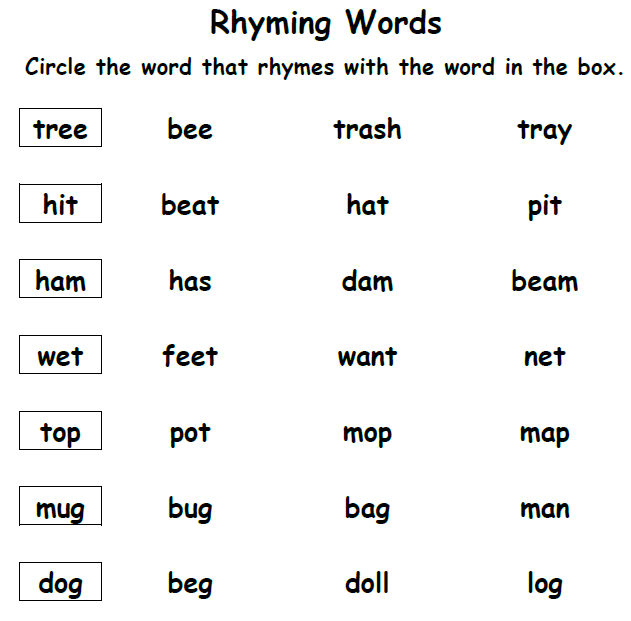
Here, the expressiveness of the verse is achieved by rhyme, but not in its mnemonic quality and not by the euphony of "local words". The rhyme, having served its purpose, played its role as a search tool and was pushed aside.
Blok, and not only Blok, has many such examples. Surprisingly, it turns out that Blok, in his strongest stanzas, did not sufficiently polish the "local lore" proper.
Russia, impoverished Russia,
I need your gray huts,
Your wind songs for me -
Like the first tears of love.
Let me give you one more extract - from a letter from A.K. Tolstoy[4], dated 1871.
From a letter (Dresden)
...let's talk about art...
... I sometimes write bad rhymes, but not bad poetry. I write bad rhymes deliberately in those poems where I consider myself entitled to be sloppy, but only in relation to rhyme. I never consider myself entitled to write a bad verse...
You see, about rhyme, I'll make you a comparison instead of a dissertation.
There is a painting that requires the steady precision of lines - this is in historical paintings. Umbrian, Florentine, even Venetian. There is another kind of painting, where colors are the main thing, but lines are not on ceremony. These are Rubens, Rembrandt, Ruisdael and other Flemings or Dutch. And now, horribile olictu (it's terrible to say), these last paintings would be lost if the line in them were inexorably correct. So, if I paint a picture of large dimensions and with a claim to seriousness, I agree with you that I should be strict about rhyme: but if I write a ballad or other poem in which the impression, i.e., color, paint, - the main thing is that I can casually treat the rhyme, but, of course, do not overdo it and do not rhyme WEDDING with LOCUST ...
if you want, take an example in poetry. Take Goethe in the Gretchen scene in front of the icon:
is there anything worse than rhymes in this magnificent prayer? This is the only thing in the sense of naivete and truth! But try to correct the texture, give it more regularity, more grace, and everything will be spoiled.
Do you think that Goethe could not have written better poetry? - He DID NOT WANT, and then he proved his amazing poetic flair. There are some things that need to be carved; there are others who have the right and even the duty NOT to be trimmed for fear of appearing cold. In the German and English languages, the irregularity of rhyme is allowed, as well as verse; in Russian, only incorrect rhyme is allowed. This is his only opportunity in poetry to appear in a negligee.
In conclusion, I would like to say that I am thinking of acting in the spirit of the Russian language, remaining unshakable in relation to verse and ALLOWING ONE SOMETIMES some free attitude towards rhyme. It's a matter of intuition and tact."
Observations by A.K. Tolstoy are true and not a bit outdated to this day.
Blok, just like Goethe, DID NOT WANT that an excessively sonorous rhyme that attracts attention would interfere with the main thing - that which had already entered the verses .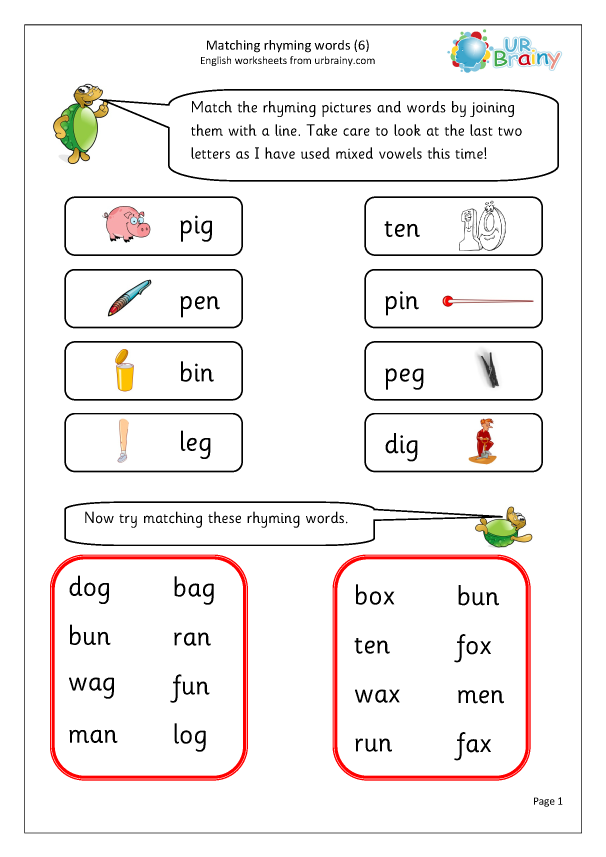 ..
..
Pushkin's rhyme is a complete rhyme. But this is an "eye" rhyme. It is not meant to be read aloud. This was shown by Kruchenykh in the twenties in the well-known work "500 new witticisms and puns of Pushkin." But 50 years before Kruchenykh, Alexei Konstantinovich Tolstoy pointed out the need to organize rhyme associated with the sound of a word.
These remarks remain in full force to this day. The beginning of the twentieth century in Russian poetry paid much attention to the issues of rhyme. The euphony, melodiousness, musicality of a poetic line, achieved by full rhyme, find the most vivid expression in Balmont's poems.
I love forest herbs
Fragrant.
Kissing and fun
Non-refundable.
Balmont, despite his talent, still did not have sufficient poetic taste.
Evening. Seaside. Sighs of the wind.
The majestic cry of the waves.
The storm is close, the shore beats
Uncharmed black boat.
This is, of course, artificial, foreign to poetry.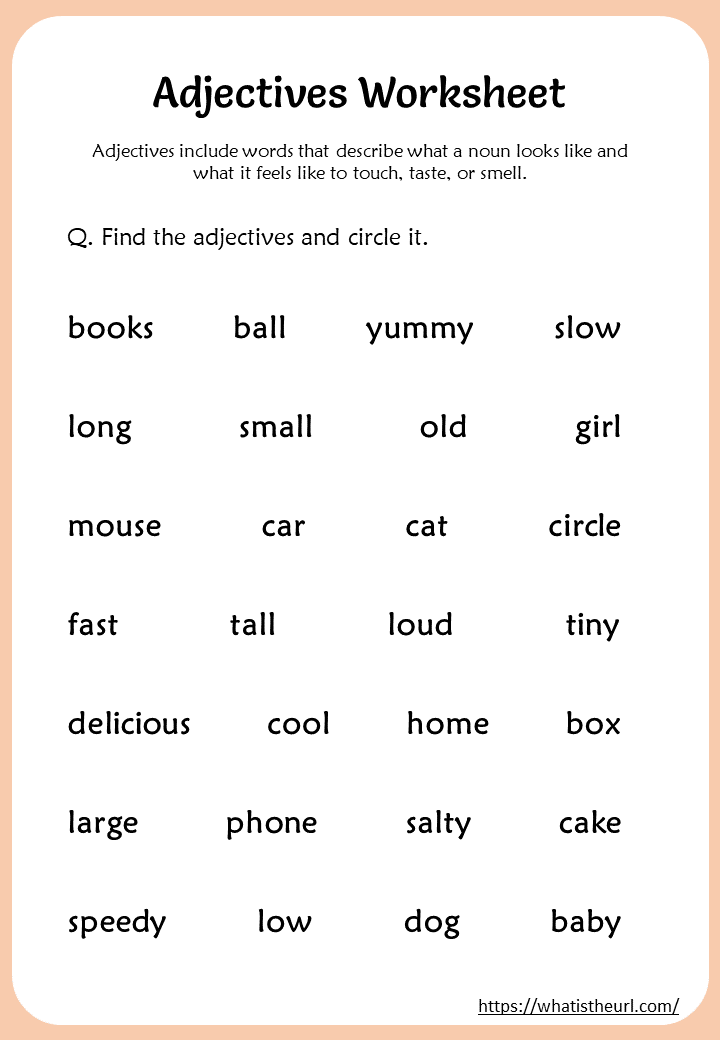
Be that as it may, Balmont was the main exponent of rhyme - melodiousness, harmonious stanza.
In the fight against Balmontov's rhyme, Mayakovsky's rhyme arose - a typical example of the assertion of the mnemonic role of rhyme.
Speaking our way -
rhyme - barrel,
Barrel with dynamite.
Line - wick,
The string will smoke,
The line explodes,
And city
For air
The stanza flies.
Where can you find -
At what tariff
Rhymes,
To kill, aiming?
Maybe
Heel
Incredible rhymes
Only remained,
What's in Venezuela[5].
Both Mayakovsky's book "How to Make Poems" and Aseev's article "Our Rhyme" treated the issue of rhyme as novelty, unusualness in the same way - finding this unusualness in compound rhyme or in exercises like "electric", "draw".
Young Lefites even engaged in rhyme blanks and supplied their older comrades with them.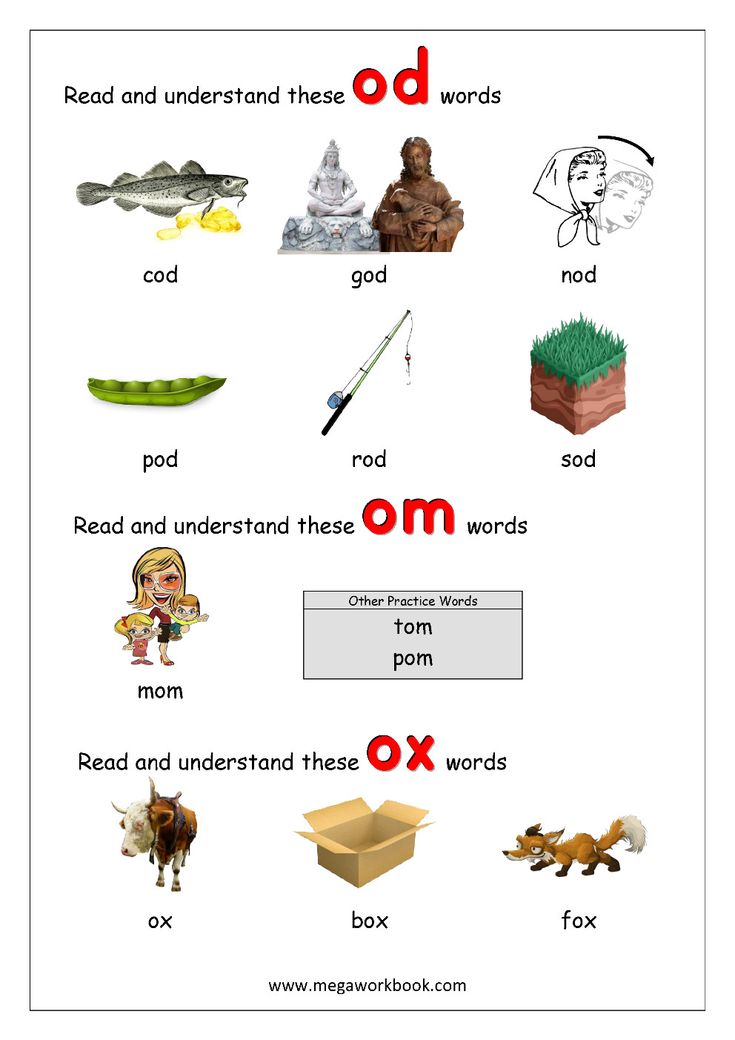
The preparation of rhymes, about which Mayakovsky was so baked, pursued the goal of striking the reader's ear, getting into the reader's memory with the help of an extraordinary phrase, unprecedented rhymes.
Speaking your way,
Rhyme - bill,
Learn through the line! - here is the order,
And looking for
Little suffixes and inflections
In an empty box office
Declensions and conjugations.
“Be sure to try to rhyme an important, basic word,” wrote Mayakovsky.
It is in the mnemonic qualities of rhyme that Mayakovsky sees the main thing. Hence the demand for novelty, extraordinaryness, hence the work on the compound rhyme.
Much attention is paid to rhyme, although it does not participate in the creation of a poem, but is used from “blanks”.
There is a struggle between the melodious beginning and the mnemonic beginning of the rhyme. Full rhyme, melodiousness wins. Mayakovsky is replaced not by Selvinsky, but by Tvardovsky.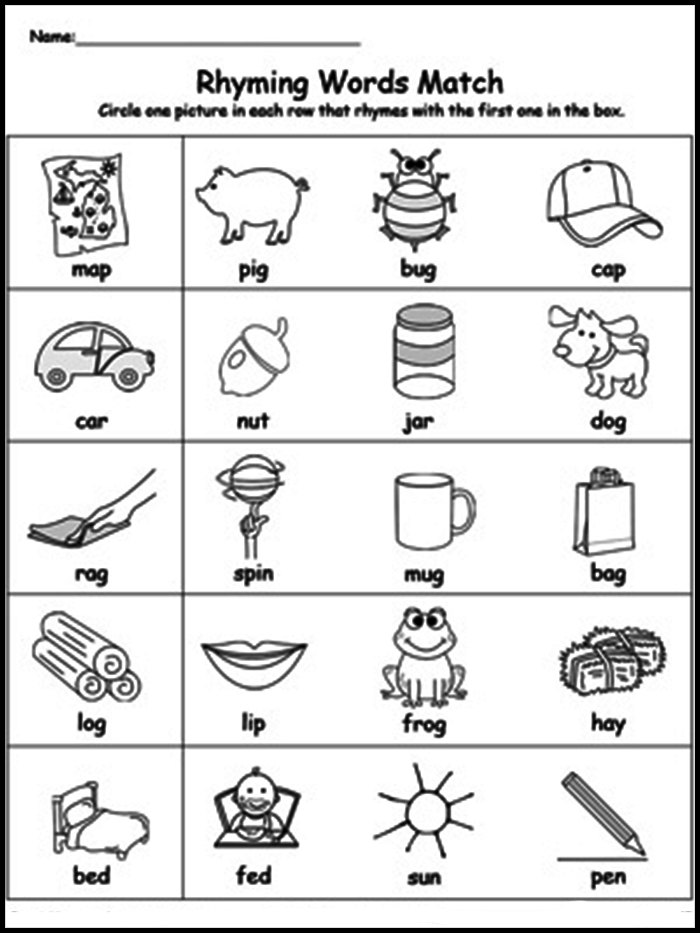
In the tenth and twenties, they broke the line and rhyme in all available ways - from “phrasers” to “nichevoks”, from imaginists to original phrase-mongers. Sapgir's poems are strangely reminiscent of the entertainments of Aleksey Nikolaevich Chicherin, the leader of the Nichevoks.
Alexander Blok had a completely different understanding of rhyme than that of Balmont and Mayakovsky. Here is a perfection of a different kind than the pursuit of melodiousness or the desire to achieve rhyme so that the verses are remembered. Here comes the third principle of rhyme, its third meaning. Rhyme serves Blok only as a search tool. After the best, most expressive option is found, the semantic line is taken under control and Blok is sure that the semantic side of the matter is expressed here in the best way - he stops searching not for rhyme, but for that content, that world that rhyme attracted to his poem.
Found the significance, expressiveness of a stanza or a poem as a whole (with the help of rhyme), more than the best rhyme “found in Venezuela” is worth.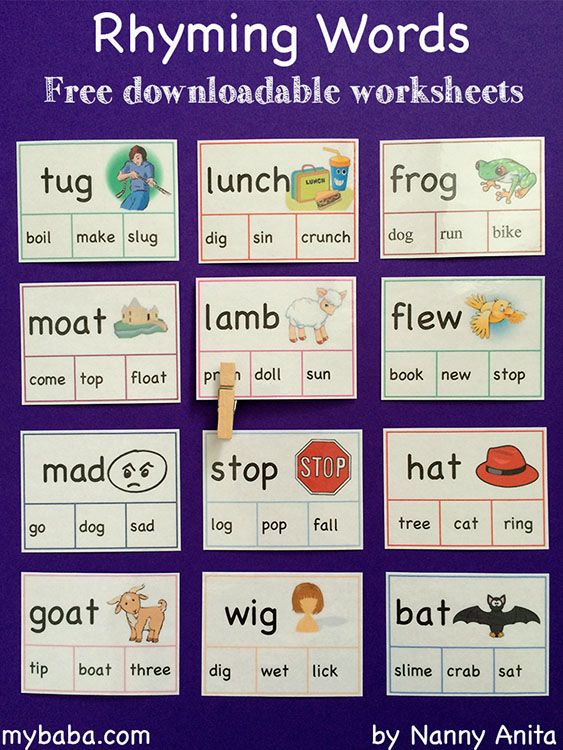
Rhyme has fulfilled its purpose, its service, and stepped aside, this is not rhyme for the sake of rhyme, but only a search magnet of the poetic world.
Such is the third meaning of rhyme, about which literary scholars write little, and which nevertheless retains all its objective force.
One can also refer to Byron, who called rhyme a steamboat that takes the poet against his will in the other direction.
Keys:
Into your furious mind, into your multi-stringed language
I penetrated like a bee-rhyme like a beehive[6].
Shalamov V.T. Collected Works: In 6 vol. + vol. 7, add. T. 5.: Poems. / Comp., prepared. text, eg. I.P. Sirotinsky. Moscow: Knigovek Klub Klugovek, 2013, pp. 38-47.
Name index: Aseev, Nikolai Nikolaevich, byron, Balmont, Konstantin Dmitrievich, Baratynsky, Evgeny Abramovich, Block, Alexander Alexandrovich Bunin, Ivan Alekseevich, Yesenin S.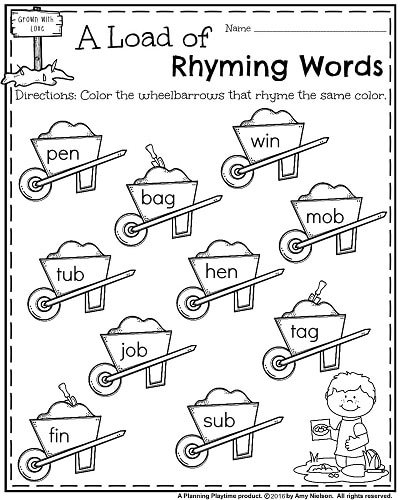 A., Klyuev, Nikolai Alekseevich, Lunacharsky, Anatoly Vasilievich, Mandelstam O.E., Marshak S.Ya., Mayakovsky V.V., Nekrasov N.A., Otfried of Weissenburg, Pasternak B.L., Peter I Pushkin A.S., Sapgir G.V., Severyanin I., Tvardovsky, Alexander Trifonovich, Tolstoy A.K., Tyutchev F.I., Tsvetaeva Marina Ivanovna Chicherin A.N. , Shklovsky V.B.
A., Klyuev, Nikolai Alekseevich, Lunacharsky, Anatoly Vasilievich, Mandelstam O.E., Marshak S.Ya., Mayakovsky V.V., Nekrasov N.A., Otfried of Weissenburg, Pasternak B.L., Peter I Pushkin A.S., Sapgir G.V., Severyanin I., Tvardovsky, Alexander Trifonovich, Tolstoy A.K., Tyutchev F.I., Tsvetaeva Marina Ivanovna Chicherin A.N. , Shklovsky V.B.
Back | Content | Forward
- 1. Severyanin I. “Prologue of Egofuturism”.
- 2. Otfried of Weissenburg - German poet of the 9th century, author of the "Gospel Harmony".
- 3. Longfellow Henry Walsworth (1807–1882), The Song of Hiawatha, translated by I. Bunin.
- 4. Tolstoy Alexey Konstantinovich.
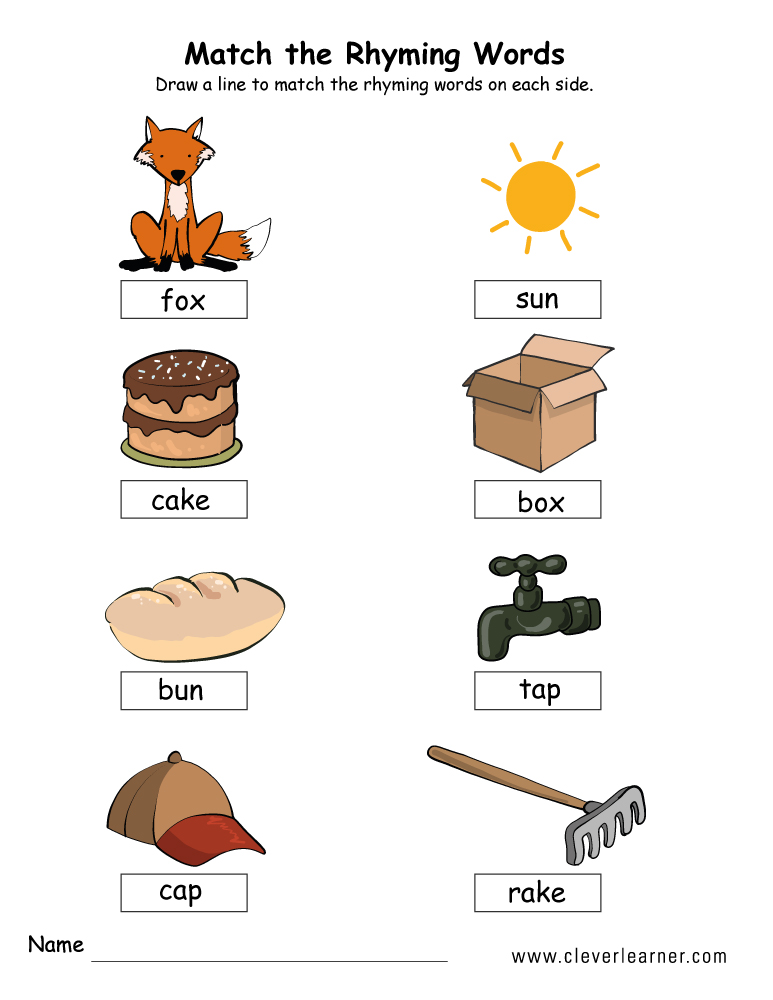 From a letter to B.M. Markevich December 8(20), 1871 (S.S.M. 1969. Vol. 4. P. 375–377).
From a letter to B.M. Markevich December 8(20), 1871 (S.S.M. 1969. Vol. 4. P. 375–377). - 5. Mayakovsky V. "A conversation with the financial inspector about poetry."
- 6. Klyuev N. "Copper Horse".
All rights to distribute and use Varlam's works Shalamov belongs to A.L. Rigosik, the rights to all other materials site belong to the authors of the texts and the editors of the site shalamov.ru. Usage materials is possible only upon agreement with the editors of [email protected]. Site created in 2008-2009gg. funded by the grant of the Russian Humanitarian Foundation No. 08-03-12112v.
Rhyme and meaning: "Semantic factor" and the lexical and grammatical structure of rhyme. - Smolensk : SmolGU Publishing House, 2017
%PDF-1.4 % 10 obj > endobj 5 0 obj /Producer (https://imwerden.de/) /Title /Author /Subject (ISBN 978-5-88018-626-6) >> endobj 20 obj > stream
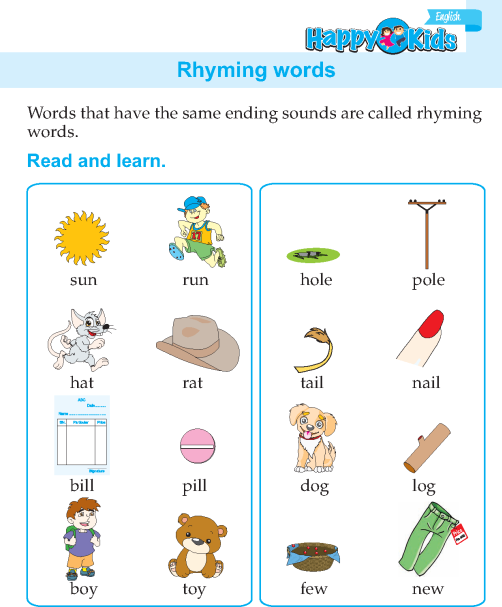 - Smolensk : SmolGU Publishing House, 2017
- Smolensk : SmolGU Publishing House, 2017 